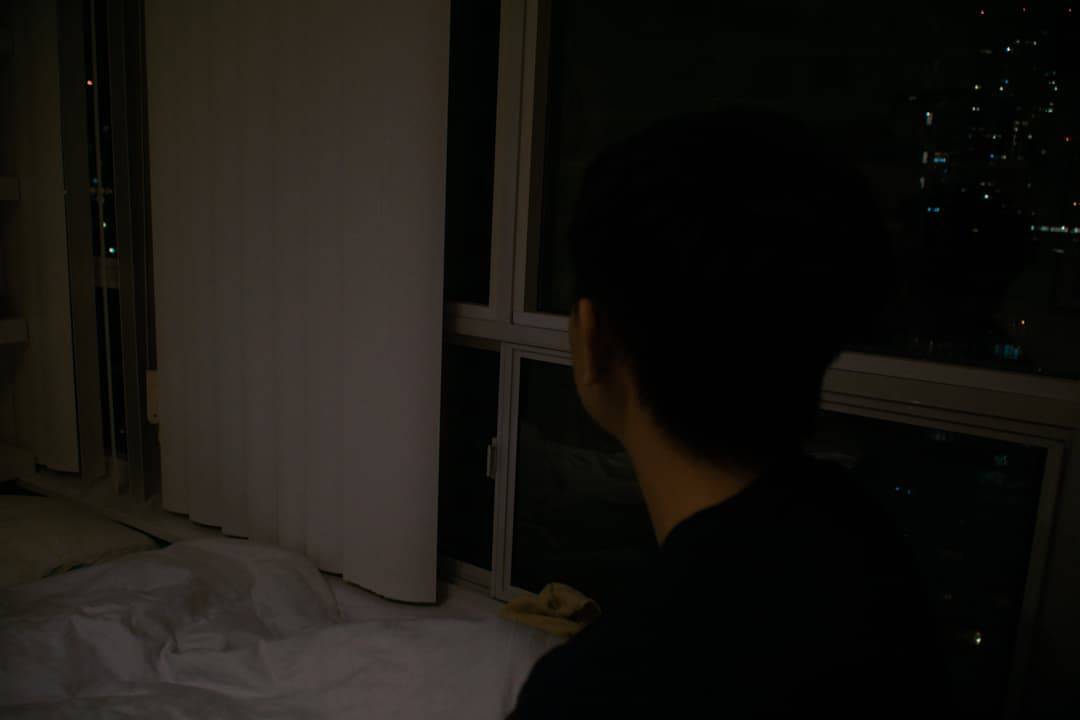Midterm season is here. While everyone is trying to manage coursework and life’s expectations, it can feel like there are not enough hours in a day to keep up with all these responsibilities and find the time to sleep. Who needs sleep anyway, you might ask?
One night of bad sleep won’t affect your well-being too much, but consistently poor sleep can lead to developing unhealthy sleeping habits, which can negatively affect your energy, mood, and academic performance.
During midterm season, there is usually a parallel dip in hours of sleep among university students. Here is a guide with some tips to help you develop and maintain healthy sleeping habits.
1. Have a bedtime routine
Follow a nightly routine to help you unwind before you fall asleep. Take a shower, do a skincare regimen, read a book for fun, or drink a warm drink. Develop a routine with several steps to follow that does not involve reading lecture notes or going on an electronic device.
Research has found that bedtime routines are associated with well-being and positive development among children, and routines are just as important for adults as well. Establishing a bedtime routine can train your brain to automatically trigger a state of relaxation that will let your body know that it is time to go to sleep.
2. Avoid screen time before bed
Avoid looking at your devices before going to sleep. You’ve probably heard this tip before, and for good reason — there is evidence behind it! Blue-toned light can trick your body into thinking it is daytime. Studies have also suggested that the blue light emitted from screens suppresses melatonin, a hormone associated with controlling the sleep cycle. Melanopsin, the pigment that helps your eye cells assess light brightness, can also be more sensitive to blue light. Limiting your screen time before sleep ensures that your eyes and body are not overstimulated, which helps you fall asleep more easily.
3. Maintain a consistent sleep schedule
Have a set time for when you go to bed at night and wake up in the morning. Consistency can help you improve your sleep schedule and feel better rested.
Rather than falling asleep when you are finished studying at night, you may want to decide on a time you will go to sleep beforehand. To help solidify your sleep schedule, try to block out your sleep time in your agenda or calendar.
4. Watch the food you eat before bed
Limit caffeine and salty foods before bed. While snack breaks and coffee might help fuel your study sessions, these types of foods can disrupt your sleep. Eating a high-sodium meal can increase blood pressure and fluid retention, which can lead to restless sleep, frequent awakenings, and not feeling rested in the morning. As a stimulant, caffeine before bed is counterproductive to falling asleep at night. Limiting these foods a couple hours before you sleep can help you fall asleep more easily and stay asleep throughout the entire night.
5. Keep your bed for sleeping
Avoid studying and working from your bed. Many people have rediscovered the novelty of working from bed during the pandemic. While it’s comfortable to sit on your bed during a virtual lecture or while doing your readings, it can confuse your body.
Try to establish a separate space for studying and working. Having boundaries for work and sleep spaces can help to separate your work time from your sleep time.
6. Keep a sleep log
Log the time you go to sleep and wake up each day. Sometimes, the week can escape you, and it can be hard to know how much sleep you’ve gotten in the past few days. Any bullet journalers out there? Keep a visual log. Have a fitness watch? Use the sleep feature to track your sleep hours and patterns. Don’t want any hassle? Just write down the times you go to bed and wake up in a notepad or in your notes app. The National Sleep Foundation recommends that young adults aged 18–25 get between seven and nine hours of sleep. Tracking your sleep can help you see if you need to readjust your sleep schedule.
Don’t neglect your sleep schedule — take the time to properly rest your body and mind. If you’re getting a good amount of quality sleep, midterm season will have nothing on you!


